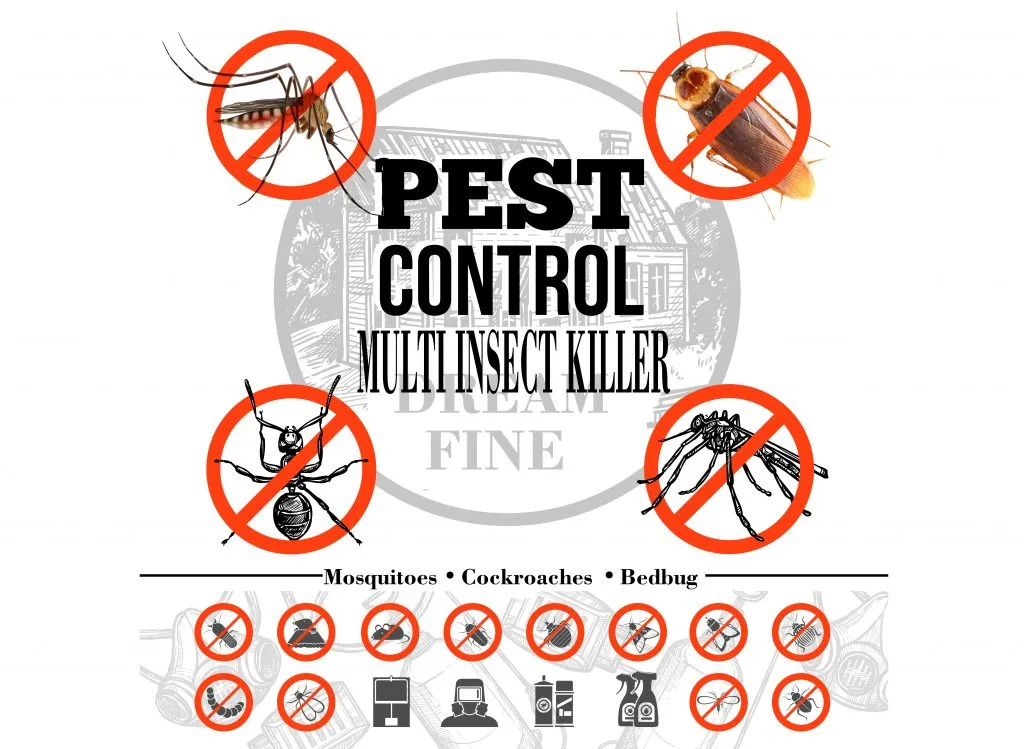Throughout human history, wars, battles and conflicts are thought to have resulted in the deaths of around 1 billion people. But that’s nothing compared with the number of humans killed by mosquitoes. The journal Nature suggests that nearly half of all humans who have lived during the past 50,000 years owe their death to this deadly insect and its capacity to transmit one particular disease: malaria.
Mosquitoes are central to the spread of malaria — which is caused by a parasite that killed around 627,000 people in 2020 alone — as well as viruses such as Zika, West Nile and dengue. The Anopheles gambiae mosquito, which is common in rural parts of Africa, is often dubbed the “most dangerous animal species on Earth,” according to a 2020 study published in the journal the Proceedings of the National Academy of Sciences.

These insects cause more disease and death than any other animal on the planet. Getting rid of them would be a blessing. It is estimated that mosquitoes kill 725,000 people a year, far more than the 475,000 who are killed by other humans. All other animals are in a completely different league. Granted, these numbers aren’t exact, but they do offer perspective on the huge impact of these tiny creatures. Wherever there are mosquitoes, there are mosquito-related diseases. These include malaria, dengue, chikungunya, Zika, yellow fever, West Nile virus disease, and others. The burden of disease and death is greatest in sub-Saharan Africa and parts of South America and Asia, where the climate is conducive to year-round mosquito activity and breeding.
it would be technically impossible to eradicate mosquitoes from the face of the Earth. But we can control them. In some parts of the world, this has resulted in dramatic decreases in malaria and other mosquito-borne diseases. In the 1950s, Brazil embarked on an aggressive program to control mosquitoes that carry malaria parasites. It included spraying DDT in homes and around mosquito breeding grounds. The program led to a significant decline in malaria. But when the program was stopped in the 1970s, largely because of environmental concerns over the use of DDT, mosquitoes and malaria returned. At about the same time, concerted efforts to control mosquitoes in Zanzibar reduced malaria in that country to very low levels by 1967. Then, with malaria no longer a visible threat, the country abandoned its efforts and the disease rebounded. The experiences in Brazil and Zanzibar illustrate one of the difficulties of mosquito control — it must be sustained indefinitely. However we approach controlling mosquitoes, it must be a priority for preventing death and suffering in many parts of the world.








